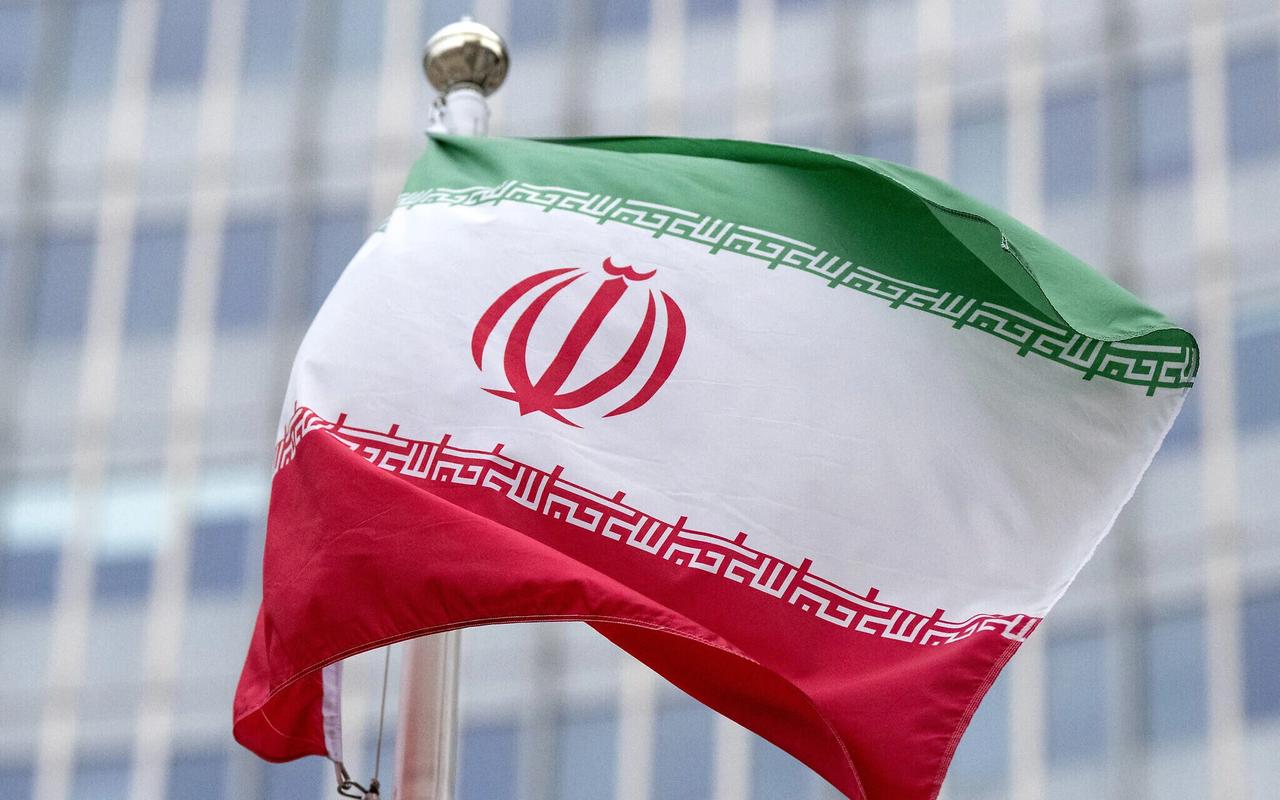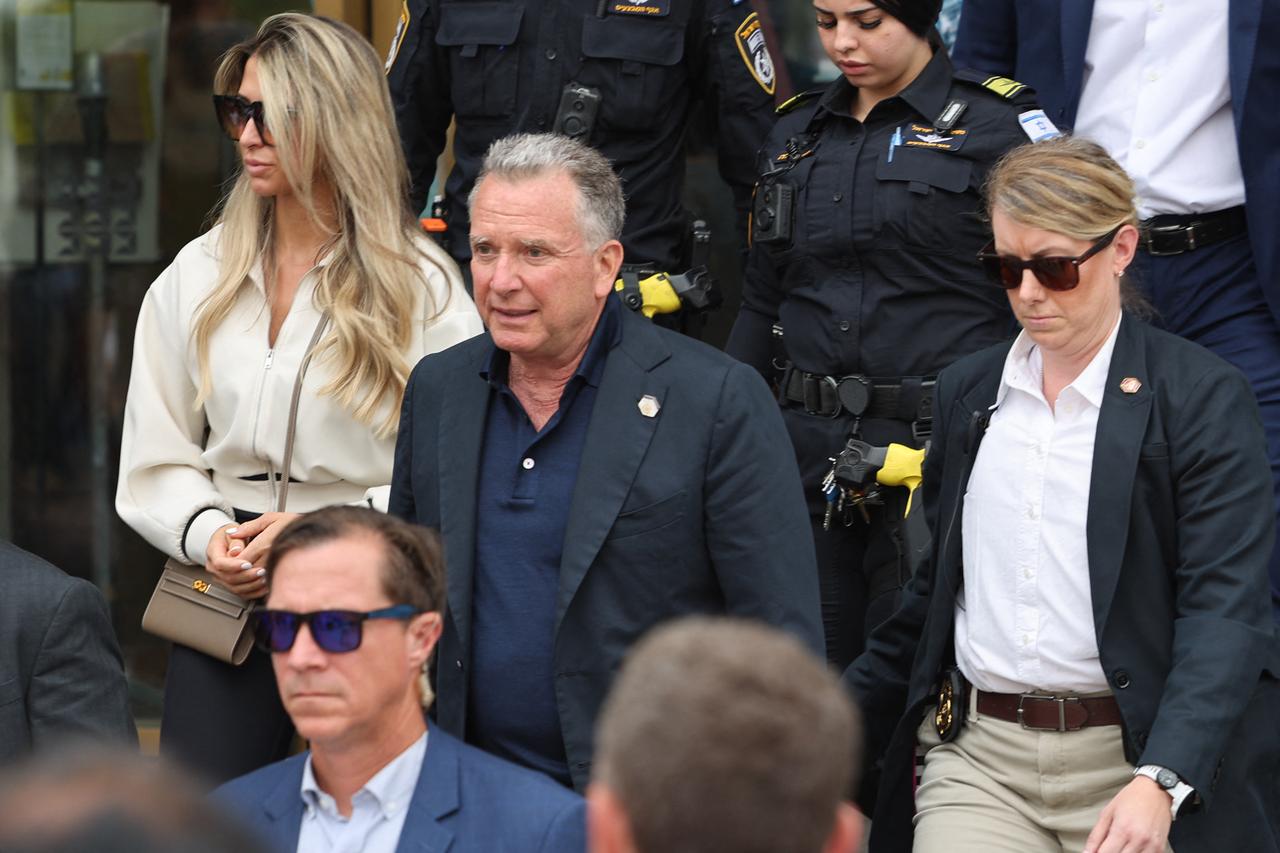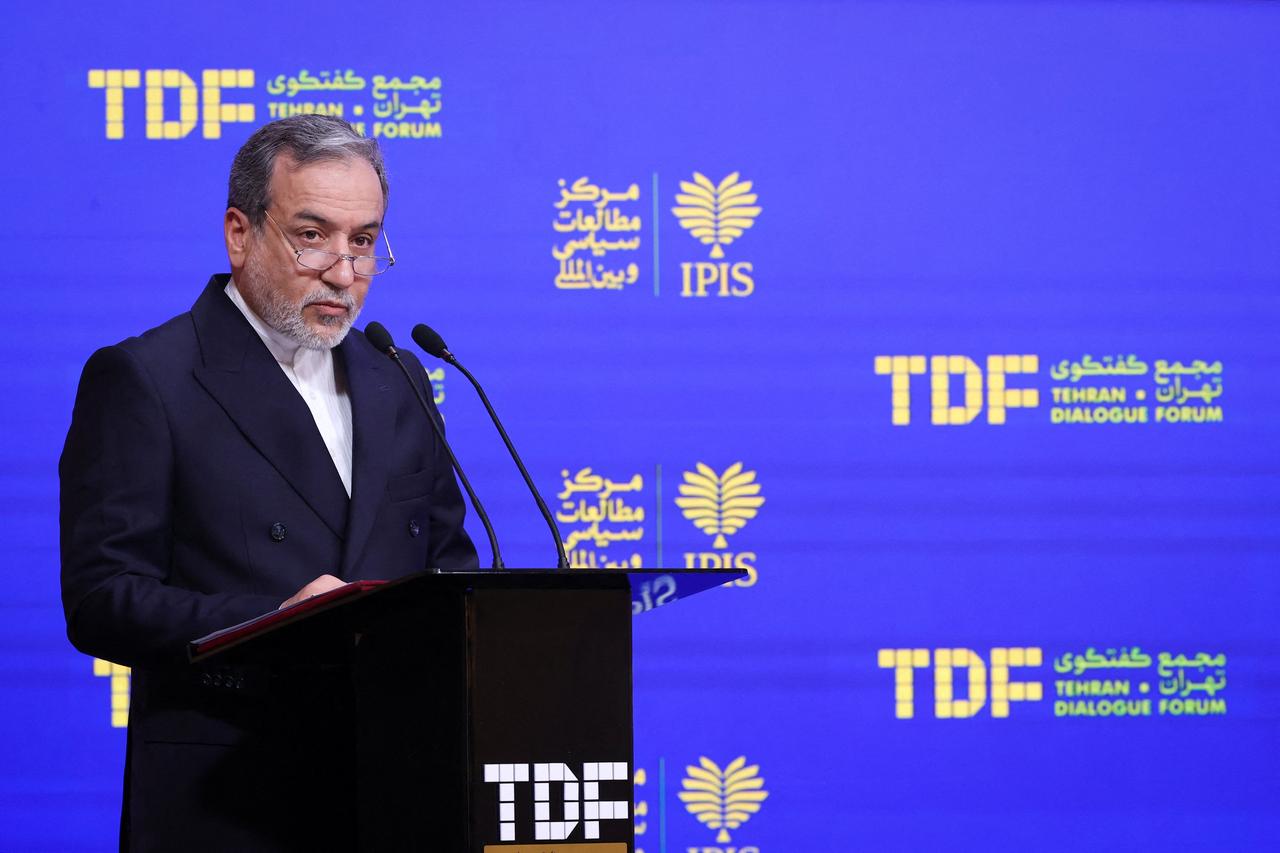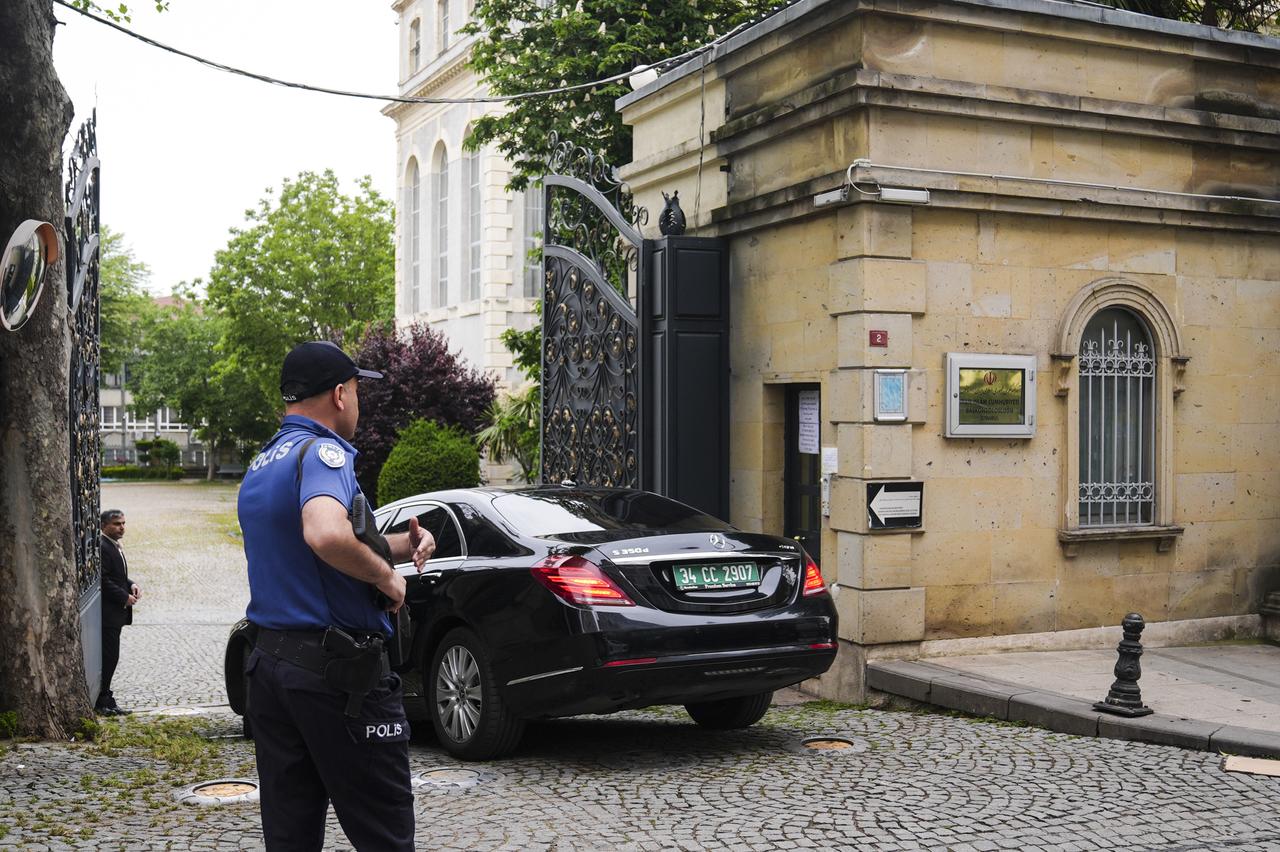
Iran-U.S. nuclear talks face a significant obstacle as Iranian officials firmly reject Washington's demand to completely halt uranium enrichment activities.
Iranian Deputy Foreign Minister Majid Takhtravanchi stated on Monday that negotiations "will lead nowhere" if the United States continues to insist that Tehran drop its uranium enrichment activity to zero, according to Iranian state media.
"Our position on enrichment is clear, and we have repeatedly stated that it is a national achievement from which we will not back down," Takhtravanchi was quoted as saying.
The statement comes after U.S. special envoy Steve Witkoff reiterated Washington's stance that any new deal between the U.S. and Iran must include an agreement to refrain from enrichment, which could potentially provide a pathway to developing nuclear weapons.
Iran maintains that its nuclear energy program has entirely peaceful purposes.
In an interview with ABC News, Witkoff took a firm position on the enrichment issue, stating, "We have one very, very clear red line, and that is enrichment. We cannot allow even one percent of an enrichment capability."
Witkoff emphasized that the U.S. would not permit any level of uranium enrichment by Iran, saying, "We cannot allow enrichment because enrichment enables weaponization. We are not going to allow a bomb to come here."
U.S. Secretary of State Marco Rubio reinforced this position in comments to CBS News, explaining, "If you can enrich at any level, then you can very quickly enrich at weapons-grade level."
Rubio added that "the ultimate goal is this: Iran will never have a nuclear weapon."

Iranian Foreign Minister Abbas Araghchi described the US demands as "detached from reality" and emphasized that enrichment activities would continue. In a statement posted on social media platform X, Araghchi said that if the U.S. aims to ensure Iran does not acquire nuclear weapons, "a deal is within reach."
"We are ready for a serious conversation to achieve a solution that will forever ensure that outcome. Enrichment in Iran, however, will continue with or without a deal," he stated.
Araghchi characterized uranium enrichment as "the indisputable right of the Iranian people" and "a great scientific achievement that the Iranian nation has worked very hard for, paying heavy prices, including the blood of our nuclear scientists."

Despite the public disagreement, Iranian Foreign Ministry spokesperson Esmail Baghaei indicated that negotiations are continuing. He noted that Washington is complicating negotiations by expressing views in public that differ from what is discussed privately during talks.
"Despite hearing contradictory statements from the Americans, we are still participating in negotiations," Baghaei said on Monday.
A fifth round of talks is expected to take place in Rome this weekend pending confirmation, according to an Iranian official who spoke to Reuters. The ongoing negotiations are being mediated by Oman, with the most recent round held in Muscat.

During his first term as president from 2017 to 2021, Donald Trump withdrew the United States from a 2015 deal between Iran and world powers.
That agreement had placed strict limits on Tehran's enrichment activities in exchange for relief from international sanctions.
Trump, who branded the 2015 accord one-sided in Iran's favor, reimposed sweeping US sanctions on Iran.
The Islamic Republic responded by escalating its enrichment activities.
During his recent visit to the Gulf region, President Trump stated that a deal was very close but that Iran needed to move quickly to resolve the decades-long dispute.